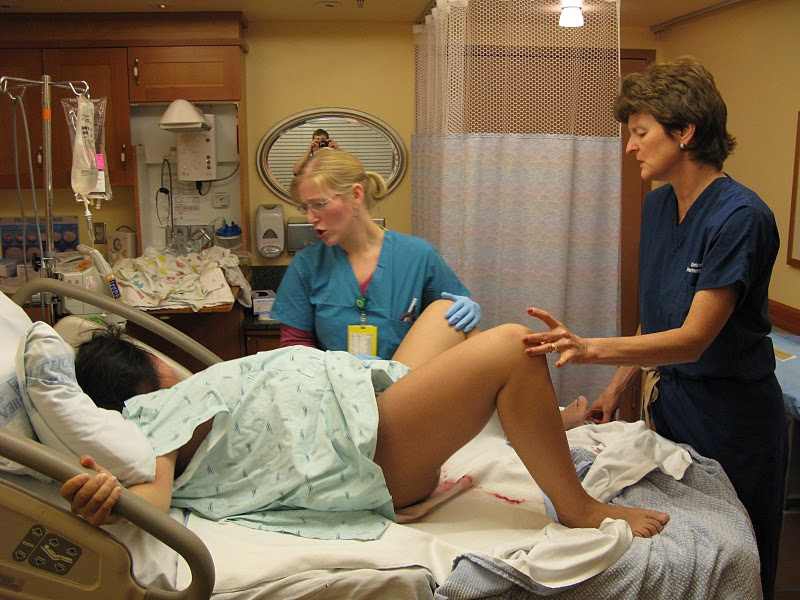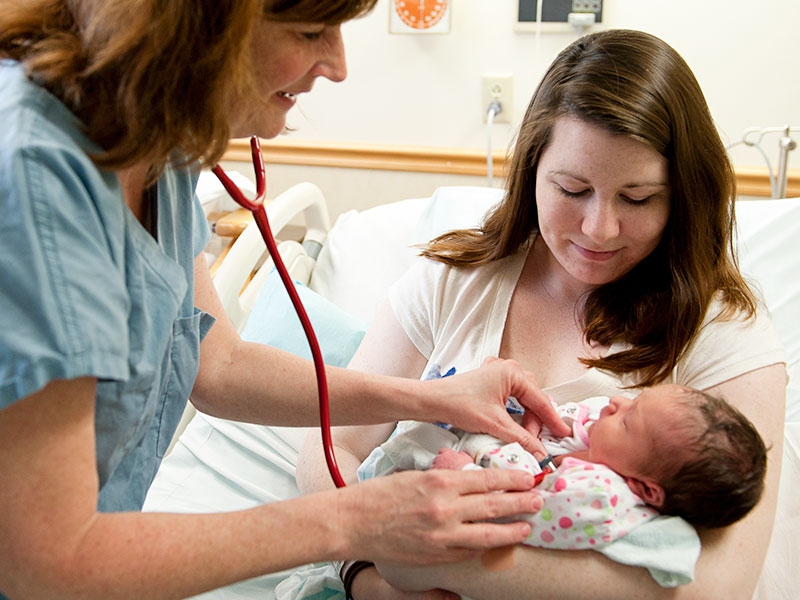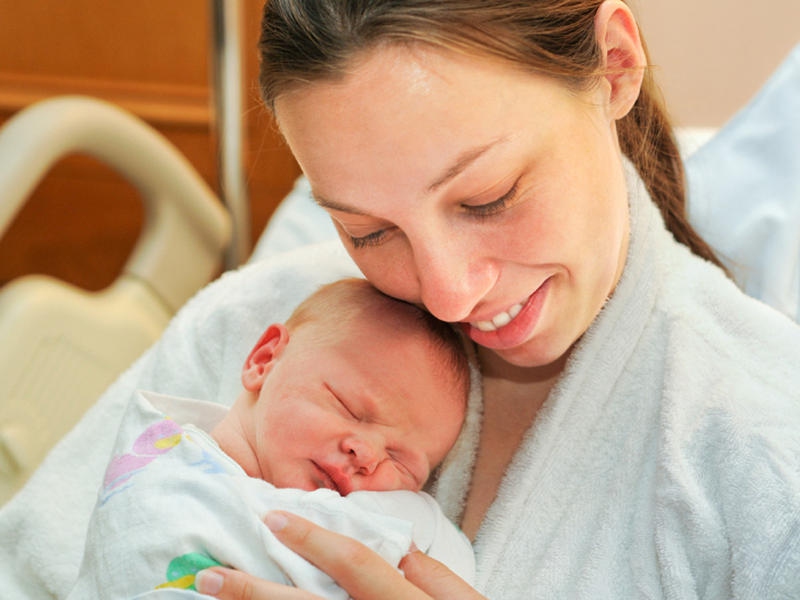Every pregnant woman asks this question at some point in her pregnancy, "Do you poop when you give birth?" By the time you get to the end of your term, you are accustomed to doctors and strangers touching you. You also get used to awkward and uncomfortable positions but you still worry about other people seeing your poop. Should you be worried about squeezing out poop when giving birth or it is just hype? Read on and discover the truth about pooping when giving birth.

Do You Poop When You Give Birth?
Yes, there is a chance that you will poop when delivering. This happens for the following reasons:
You use the same muscles for passing stool when delivering. Besides, labor exerts extra pressure on the colon and rectum because of the baby’s size and weight as it moves through the birth canal.
Prostaglandins increase your chances of passing stool when giving births. The hormones are secreted when having a bowel movement and at the start of labor pains. Sometimes doctors use prostaglandins to induce labor.
You cannot prevent having a bowel movement during labor but passing stool before entering the last stage of labor can reduce the amount of poop in your colon that you might push out in labor.
Do not worry about it
You may feel embarrassed about pooping when giving birth, but you don't need to:
First all of, you are not sure if you poop or not during that critical moment, so why worry so much;
Second, doctors and midwives are always prepared to handle stools when a baby is coming out. They can easily wipe out any poop that comes out when your feet are in an upright position;
Third, passing out feces or gas in labor assures the doctor that you are pushing the right way. This assurance is particularly important if you have an epidural anaesthetic.
What Else Happens During Labor?
Your doctor will not be there throughout
Many new mothers are surprised that their doctor does not stay in the room throughout the labor process. In fact, the amount of time that the doctor spends with you depends on the hospital. Some hospitals only allow a doctor to go to delivery room when a mother is ready to push. You should understand that if the doctor is not with you, he or she is helping another mother who is close to deliver her baby. However, you will have a team of experienced nurses monitoring your progress who will alert your doctor when you are ready to deliver.
You will see many faces
Nurses and doctors work in eight or twelve-hour shifts. Hence, if you stay in the hospital for more than a day, you will interact with different nurses and doctors. Your doctor will not come to help you deliver your baby during his or her break. So, it is important to ask about your doctor’s availability during your prenatal visits to avoid last minute disappointments. You will also notice that more people will come to your room when you are delivering because you will have at least three nurses and another doctor assisting your midwife, physician, or obstetrician.
The intensity of labor pains is unpredictable
There is no way of predicting how long or intense your labor pain will be. Some mothers expect intense and prolonged pain but deliver within a few minutes, while others expect short labor pains but labor for hours. It is advisable to be open to all possible interventions such as an epidural or pain relievers even if they are not in your birth plan. Bear in mind do not wait too long to ask for an epidural because your doctor will not agree to administer it when you are too close to delivering.
There may be casual conversations
Do you poop when you give birth? Yes, you may poop but that might not be the most surprising thing in the labor room. Your nurses may engage in a casual talk while you are preparing for the most eventful moment in your life. It may be your first time in labor but it is just another day at work for the nurses. Another reason why nurses engage in a casual talk is to lighten the mood and get to know you. It is also a sign that your labor is progressing normally.
Pushing continues when your baby arrives
Contractions and pushing continue even after delivering your baby because you must deliver the placenta. And the doctor will continue to urge you to push after cutting the cord. One of the nurses or the doctor will ease the placenta out as you push. The process may be immediate or may take several minutes. You are allowed to see the placenta but you must be prepared for a gory sight because of the blood and amniotic membranes that come with it.
The newborn gets shots immediately
Your doctor will apply an ointment on your baby’s eyes that contains antibiotic erythromycin. The ointment prevents blindness, which is caused by bacteria in the birth canal. Your baby will also get a Vitamin K shot. The hands and feet may look blue but the color disappears as the body gets used to oxygenated blood.
Expect surprises from your partner
Now that you have known the answer to "Do you poop when you give birth?" Do you know there are other surprises in delivering a baby? Yeah, that would be the new dad. Most dads can stay strong in the labor room but some may faint. The sight of vaginal tearing or the blood gushing out terrifies most of them. Do warn your partner about the mess and level of exposure in the labor room.







View All Comments /Add Comment